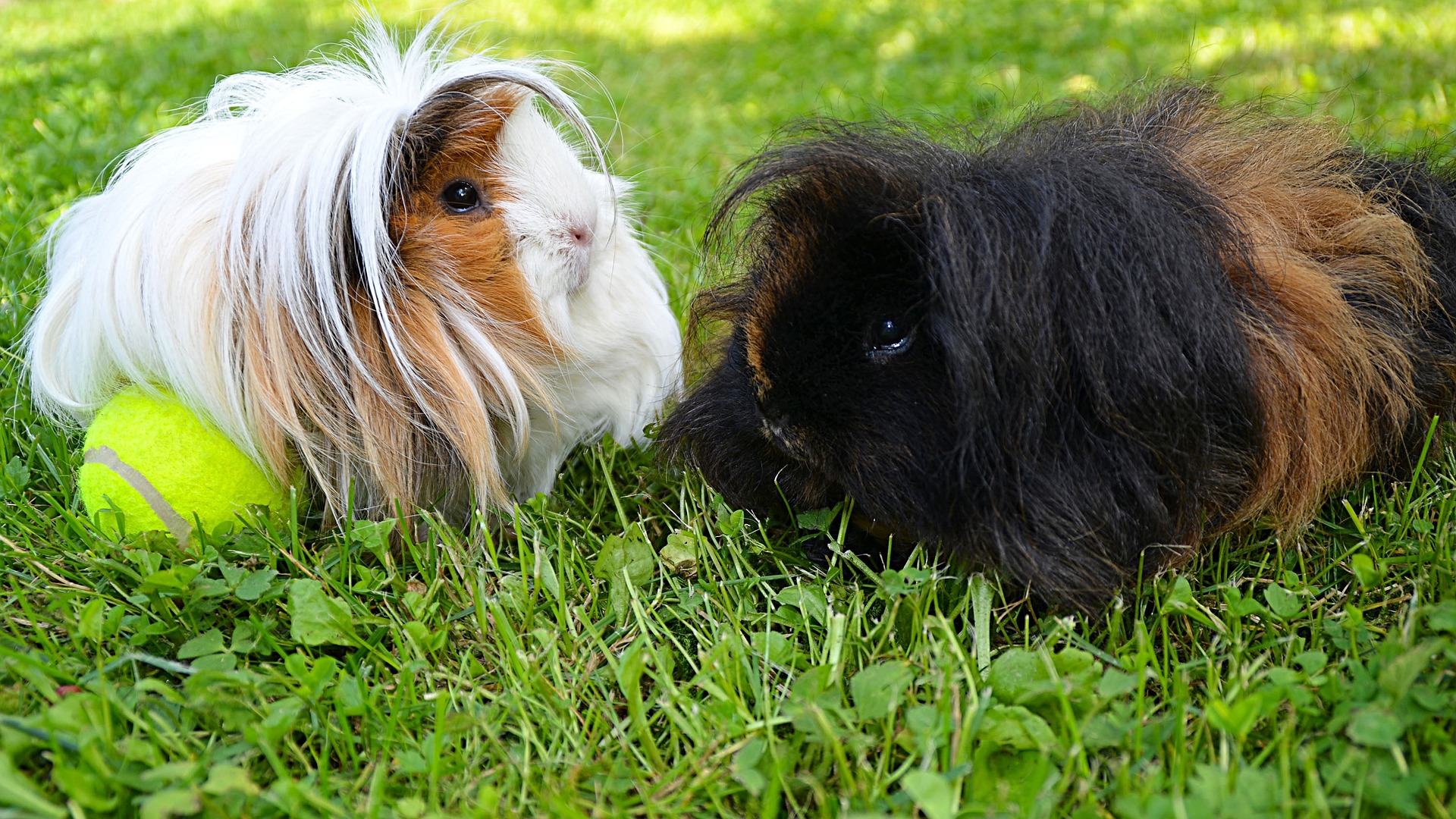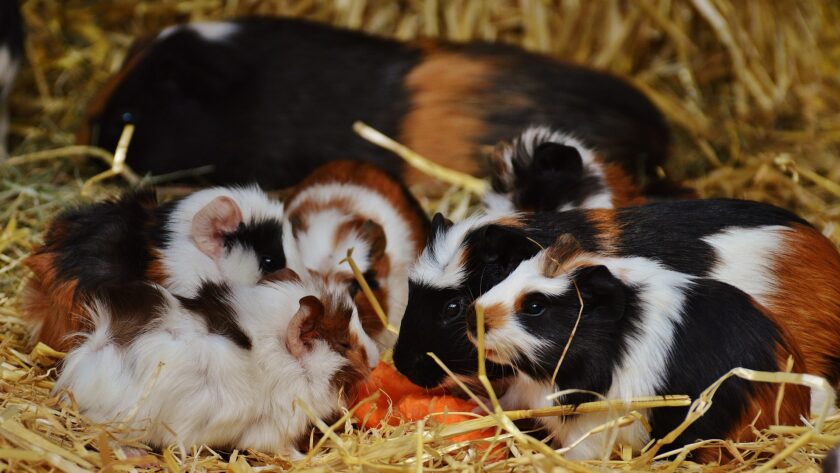If you are a pet lover, you may consider getting a small animal to take care of. Small animals can make excellent pets, but it is essential to remember that they require a lot of care. This blog post discusses eight tips for taking care of small animals. Follow these tips, and your little friend will be healthy and happy.
Know their needs
The needs of small animals vary depending on the species. Before you bring a small animal home, research its specific needs and ensure that you are prepared to meet them. Many small pets require daily or weekly cage cleanings, fresh food, and regular exercise. For instance, hamsters must run on a wheel for at least two hours each day, and gerbils need room to dig. Similarly, if you want to know more about how to care for Guinea Pigs, you can explore online sources or consult a vet. Reputable sources on the internet will be able to help you have a good understanding of your pet’s needs. A vet can provide you with more detailed advice for the proper care of your pet. When you know your small pet’s needs, you can create a schedule to meet them.
Find a vet
Find an experienced veterinarian specializing in small animals before bringing your pet home. This will help ensure that your pet receives the best care. You should turn to them if your pet gets sick or injured. Ask friends, family, and other small animal owners for recommendations. You can also search online for veterinarians who specialize in small animals in your area. When choosing a vet, read reviews and check out their office environment. Reviews will help you make sure that the vet is knowledgeable and attentive to your pet’s needs. Their clinic should also be clean and well-maintained. If you’re not comfortable with the vet, it may be best to look for another one.
Choose the right habitat
Small animals need an appropriately sized habitat. Make sure to research the type of cage or enclosure your pet needs and what kind of bedding and other items they require. For example, most rodents need a cell at least twice their body size, with plenty of room to move around. They also need bedding, such as hay or aspen shavings, to burrow in. If you are buying a habitat from a pet store, ensure it comes with all necessary accessories and items like food and water dishes. Some even come with built-in exercise wheels. If possible, you should also opt for one that is easy to clean because you will need to do this regularly.
Clean the cage regularly
Regularly clean your small pet’s habitat to ensure their health and safety. This involves removing waste, freshening bedding, and wiping down the walls and floors of the cage. You should also check for hazards such as sharp objects, frayed wires, or loose pieces of food that may have been left behind. Cleaning and replacing the bedding is vital if you use a litter box. Cleaning the habitat can help reduce the risk of diseases and insects settling in your pet’s environment. It also reduces foul odors and keeps the cage smelling fresh.
Provide a healthy diet
Keep your small pet’s diet balanced and nutritionally complete. Small animals have specific dietary needs, so it’s important to choose food designed for their species. For instance, guinea pigs need hay and fresh vegetables to stay healthy. Similarly, hamsters and gerbils should have a mix of pellets, seeds, and other snacks like nuts or dried fruit. Ensure you are providing your pet with appropriate food according to age and size. Younger animals need more food than adult ones, for example. Those with special conditions such as diabetes may also require a special diet. You should also switch up their diet regularly to keep them from getting bored with the same food daily, and ensure that their food is kept in a covered bowl or container to prevent contamination.
Provide plenty of exercise as well
Small animals need regular exercise to stay healthy and active. Make sure the habitat has plenty of room for running and playing or set up a playpen for extra space. The exercise your pet needs may vary depending on the species, but they all need some form of physical activity. For instance, guinea pigs enjoy running through tunnels and tubes, while hamsters love to climb. You can also get them exercise wheels to help keep them active. Ensure you supervise your pet during playtime, as small animals can easily injure or be scared if left unattended. If you have a small iguana, it would be best to create an outdoor enclosure, so your pet can enjoy sun and vitamin D.
Keep them mentally stimulated
Small animals can become easily bored if not provided with enough mental stimulation. Set up exciting activities and toys to keep your pet entertained and prevent boredom. Try hiding food or treats around the cage for them to find. Some small animals are brilliant, like rats and rabbits, so they may enjoy puzzles and obstacle courses. Toys such as balls, chew sticks, and tunnels can also help keep them engaged. Be sure to change the items regularly to prevent boredom and maintain their interest in playtime. Also, remember to give them plenty of affection and attention. Small animals crave human contact, even for a few minutes each day. Talk to your pet and let them know you care about them. This can help build trust and strengthen the bond between you and your pet.
Handle with care
Small animals are delicate creatures, so it is vital to handle them gently. When you pick up your pet, support their body using both hands and make sure they feel secure. Never pick them up by their tail or ears, as this can cause pain and injury. It is also essential to keep your pet away from other animals and small children, as they may not realize how fragile these creatures are.

Don’t forget that taking care of a small animal should be fun. Spend time getting to know your pet, play with them, and enjoy their company. With the proper care, your small animal will be a loyal companion for years. Follow these tips, and you’ll be able to provide the best care for your furry (or scaly!) friend.



